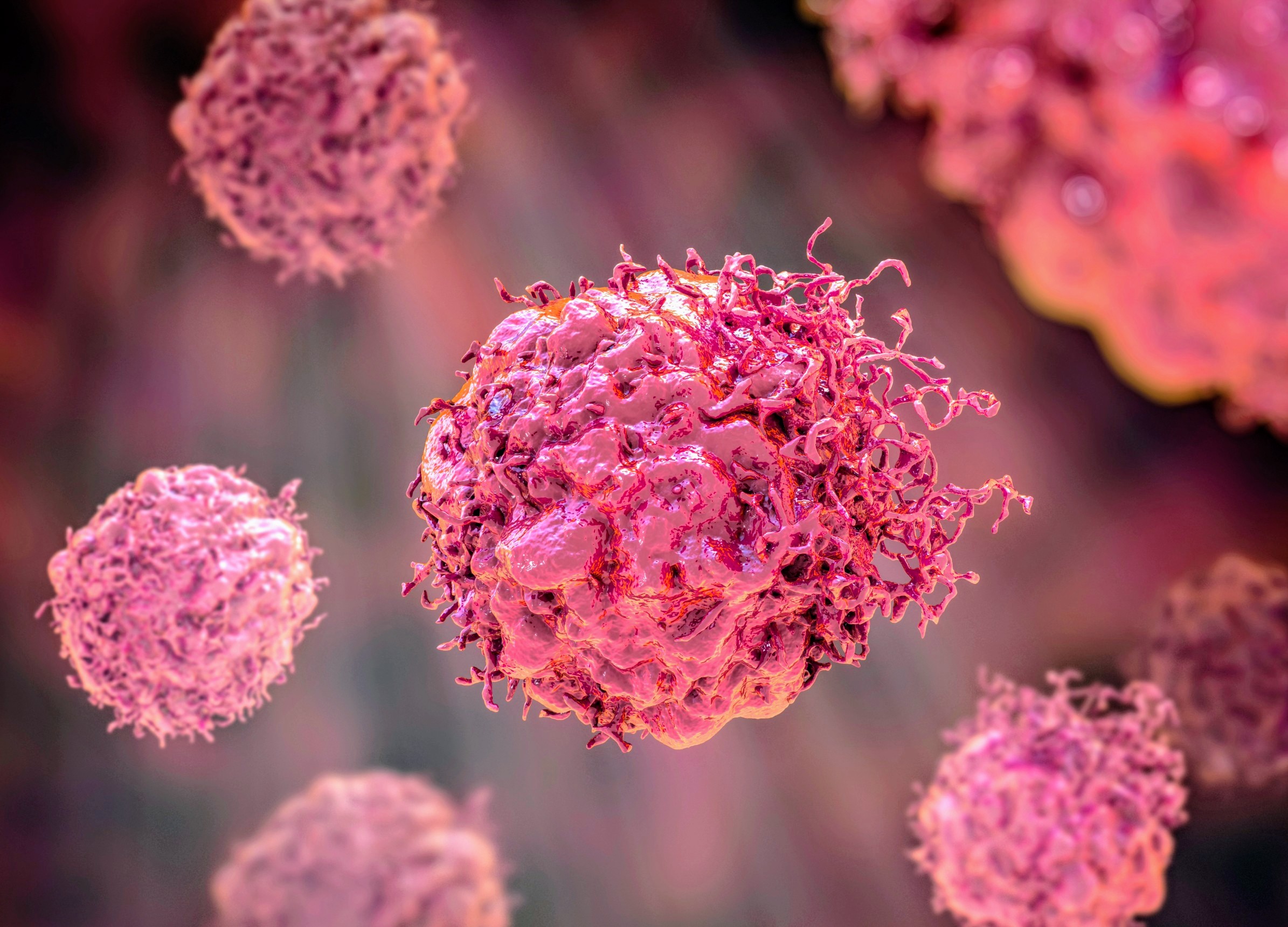Researchers at the Children’s Medical Research Institute (CMRI) have uncovered a pivotal mechanism influencing how cancer cells respond to radiotherapy, potentially transforming treatment approaches. The study, led by Dr. Radoslaw Szmyd and Professor Tony Cesare, reveals that the method by which cancer cells repair DNA damage from radiation dictates the nature of their death and subsequent immune system engagement. Specifically, when cancer cells utilize homologous recombination for DNA repair, they undergo a form of cell death during division that evades immune detection. Conversely, alternative DNA repair pathways result in cell death that releases byproducts mimicking viral or bacterial infections, thereby activating an immune response against the tumor.
This discovery offers a strategic avenue to enhance radiotherapy efficacy by combining it with treatments that inhibit homologous recombination. By blocking this specific DNA repair process, cancer cells are more likely to die in a manner that alerts the immune system, facilitating the recognition and elimination of residual cancer cells. Professor Cesare emphasized the clinical significance of these findings, suggesting that integrating radiotherapy with immunotherapy could improve cure rates by promoting immune-mediated tumor clearance. This research not only resolves longstanding questions about variable cancer cell responses to radiation but also paves the way for more effective, immune-engaging cancer therapies. Click for More Details







